AARP Hearing Center

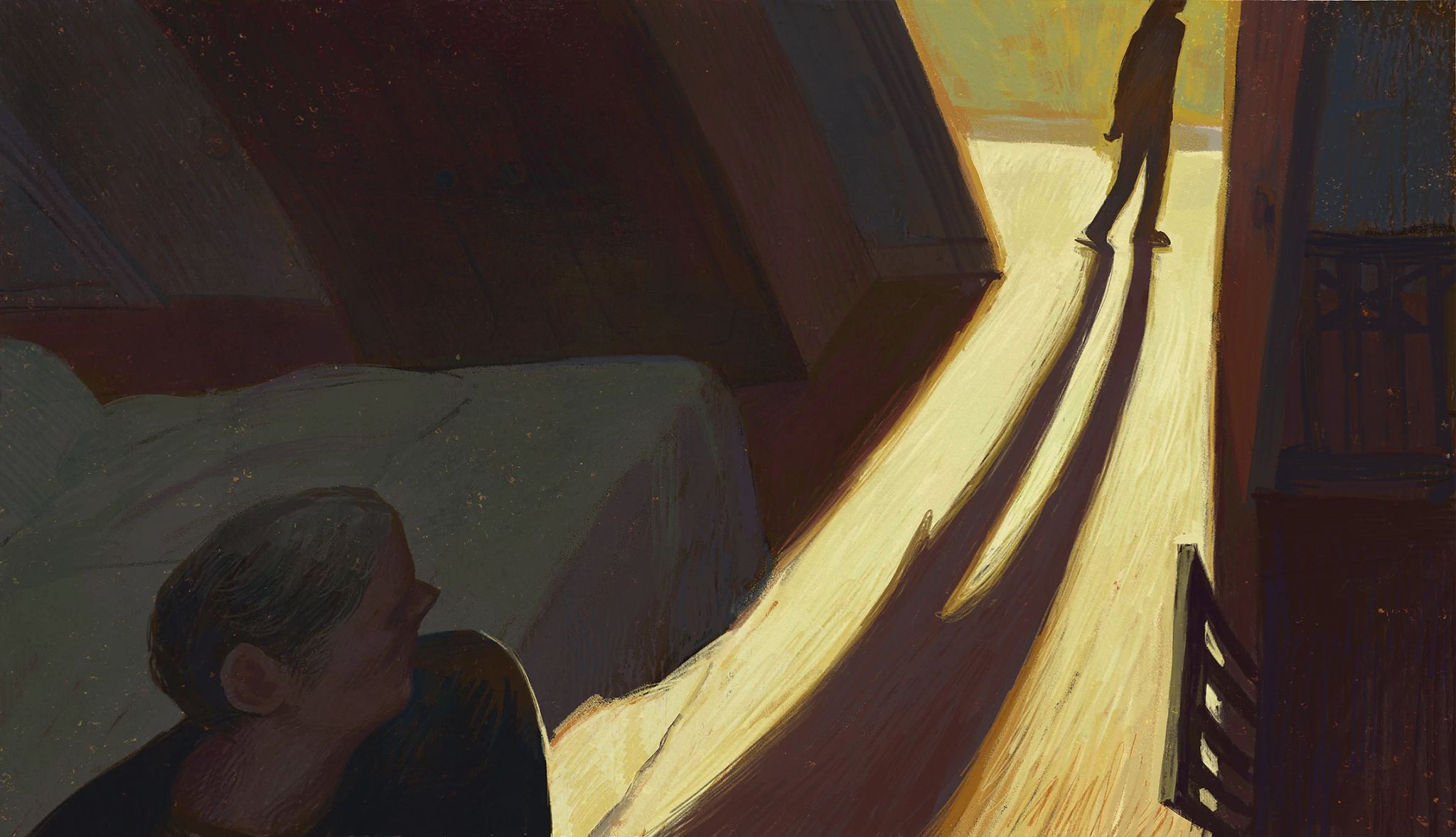
Jump to chapters
Chapter 31 • Chapter 32 • Chapter 33 • Chapter 34 • Chapter 35 • Chapter 36 • Chapter 37 • Chapter 38 • Chapter 39 • Chapter 40
Chapter 31
Regina was barely in her hotel when she received a telephone call from Zach from London. He got directly to the point.
“Mom, please be honest, did you bring that letter with you?”
Regina knew there was no use in lying.
“Yes, I did. I’m sorry, Zach. I lied to you because I didn’t want you to be upset.”
“Then, Mom, I have to tell you. I destroyed the copy you had. I’ve been wanting to tear that letter up ever since you told me about it. I would have torn up the original, too, but I couldn’t find where you put it.”
“Zach, it’s okay. I know you’re right and after this week, I will destroy it. Or if you want, I’ll let you burn it. That’s a promise.”
“Awesome, Mom, I’ll hold you to that.”
They both said, “I love you,” then said good-bye. Regina raced to the dresser where she’d left her pocketbook, opened it, and with trembling fingers reached for her wallet. She had known when she arrived at the Powell estate that she should not have carried the letter with her.
She opened the secret flap in her wallet where she had carefully folded the letter.
It was empty.
Whoever had taken it must have suspected she might be carrying something important, or else had gone through all the pocketbooks that had been left on the patio table for the same reason.
And the letter provided the perfect reason for her to have murdered Betsy.
Frantically she dumped her pocketbook on the table and rummaged through the contents, hoping against hope that somehow she would find it. But it was not there.
Chapter 32
Rod woke at four in the morning after hearing a door close. “Alie,” he called. He turned on the overhead light. The door to the sitting room was open, and he could see Alison was not there. He bolted up and reached for his crutches. After all these years his arms and shoulders were powerful, and he could move swiftly on them. Was Alison sleepwalking again? He glanced into the bathroom and the dressing room. She was not in either of them. He reached the outer door of the room in seconds and threw it open. There was Alison, walking slowly down the long hallway.
He caught up with her at the top of the staircase to the lobby.
Once there, he reached for her hand and whispered her name. He watched her eyes blinking, and she turned her face to him.
“It’s fine,” he said soothingly. “It’s fine. We’re going back to bed.”
When they were inside the room she began to cry. “Rod, Rod, I was sleepwalking again, wasn’t I?”
“Yes, but it’s all right. It’s fine.”
“Rod, the night of the Gala I was so angry. People were asking me if I was planning to go to medical school. I told them I was going to have to work for a year at least. Whenever I looked at Betsy all I could think was that she had stolen that scholarship from me so that she could get into a fancy club.” Her voice a desperate whisper, she said, “I was sleepwalking that night of the Gala. I woke up leaving Betsy’s room. I was so grateful she hadn’t heard me. Or is it possible I killed her?”
Her words were drowned in sobs.
Chapter 33
Leo Farley dropped Laurie off in a cab, then instructed her driver to wait until he had seen the doorman open the door into the lobby and close it behind her.
As safe as I can make her, he thought, then leaned back in the cab with a weary sigh. It had been a long day, made even longer by his anxiety about Timmy being away at camp.
He was so deep in thought that he did not notice when the cab pulled up at his apartment building on the next block.
Tony the doorman was there, waiting to open the door. Leo usually bounded out of the cab, but tonight, after he had paid the fare, he moved slowly and even reached for Tony’s hand to help get him to his feet.
And then he felt it begin—the rapid pulsing of his heart that meant he was beginning to have an attack of cardiac fibrillation. As Tony waited attentively, Leo started to get out, then remembered that his doctor had warned him that he must not, absolutely must not ignore it when his heart began to beat like this—like a locomotive out of control.
“Get to the hospital right away, Leo,” he had ordered. “A lot of people have this condition, but yours is much more serious than most. Your heart has to be slowed down immediately.”
Leo looked up at Tony. “Just remembered I left something at my daughter’s house,” he fibbed, then added, “I may stay over with her.”
“That’s fine, sir. Good night.”
Tony closed the door with a decisive click, and Leo reluctantly told the driver to take him to Mount Sinai Hospital.
At least it’s only a few blocks way, he thought as he again checked his rapidly accelerating pulse.
Chapter 34
Alex Buckley pondered the events of the day as he drove home from Salem Ridge to Manhattan. The four girls, now women, had been friends since their freshman year in high school, and it was obvious that their greetings to each other had been guarded, although as the hours wore on they seemed to be warming up.
Their reaction to Robert Powell was unmistakably hostile, even as they kept up a thin veneer of cordiality. Years of interrogating witnesses had given Alex the ability to cut through the surface of what someone was saying and study their eyes and body language.
What he concluded from all four graduates today was that they despised Robert Powell.
The question was, why? Alex would bet the animosity began more than twenty years ago.
Then why did they go along with the Graduation Gala? Even if my best friend wanted to share his graduation party with me, I wouldn’t have done it if I hated his father, Alex thought. And that raised another question. How did they feel about Betsy Bon- ner Powell? If one of the four had killed her, there had to be a compelling motive for her to seize the opportunity to stay overnight at the Powell home.
These questions Alex began to sort in his head as he pulled the car into his garage and went to his apartment.
Ramon was quick to hear his key turn the lock in the door. He appeared in the foyer, a smile on his face. “Good evening, Mr. Alex. I hope you had a good day?”
“Let’s call it an interesting day,” Alex said, returning the smile. “I’m going to change right away. I certainly didn’t need to wear a tie and jacket today. It was hot outside.”
The apartment was comfortably cool, and as usual his closet was a masterpiece of precision, thanks to Ramon, who hung every jacket and shirt and tie in color groupings. Alex’s trousers were placed in the same orderly pattern.
Now Alex changed into a short-sleeved sport shirt and khakis. Then he washed his hands, splashed water on his face, and decided that what he wanted was a cold beer.
As he passed the dining room, he saw that the table was set for two.
“Ramon, who’s coming?” he asked as he opened the refrigerator door. “I don’t remember inviting anyone.”
“I didn’t have a chance to tell you, sir,” Ramon replied as he prepared a small plate of hors d’oeuvres. “Your brother should be here any minute. He has an appointment in New York in the morning.”
“Andrew’s coming, that’s great,” Alex said sincerely, although he had a fleeting moment of disappointment, since he had intended to jot down all his impressions of the day over dinner. But Andrew knew today was the beginning of the filming and would probably have lots of questions. Questions could be useful in drawing out facts. If anyone should know that, it’s me, Alex thought.
His first sip of beer coincided with the sound of chimes announcing Andrew’s arrival. He had his own key and was letting himself in when Alex walked into the foyer.
For a long time it had been just the two of them. Their mother had died when Alex was a freshman in college, and their father two years later. Alex had just turned twenty-one and had been appointed Andrew’s guardian.
Like most brothers, they had had their squabbles growing up. Both were competitive in sports, and a victory over the other in golf or tennis was a source of great joy.
But competition had disappeared when it was just the two of them. They had only distant cousins in their extended family, none of whom lived in New York. They sold their home in Oyster Bay and moved into a four-room apartment in Manhattan on East Sixty-seventh Street, which they shared until Andrew had graduated from Columbia Law School and accepted a job in Washington, D.C.
Alex, by then five years out of NYU Law and a rising star in a litigation firm, had stayed in that apartment until he bought the one on Beekman Place.
Unlike Alex, Andrew had married six years ago and now had three children—a five-year-old boy and twin two-year-old daughters.
“How are Marcy and the kids?” was the first question Alex asked after giving his brother a brief hug.
Andrew, six two to Alex’s six four, his hair slightly darker than Alex’s, his eyes blue-gray, but with the same disciplined body, laughed.
“Marcy is jealous that I’m getting away overnight. The twins are living the concept of the terrible twos. Their vocabulary consists of one word: ‘no.’ Johnny, as usual, is a great kid. If he ever was a two-year-old like the girls, I don’t remember it.”
He looked at the glass in his brother’s hand. “How about one of those for me?”
Ramon was already pouring the beer into a chilled glass.




























































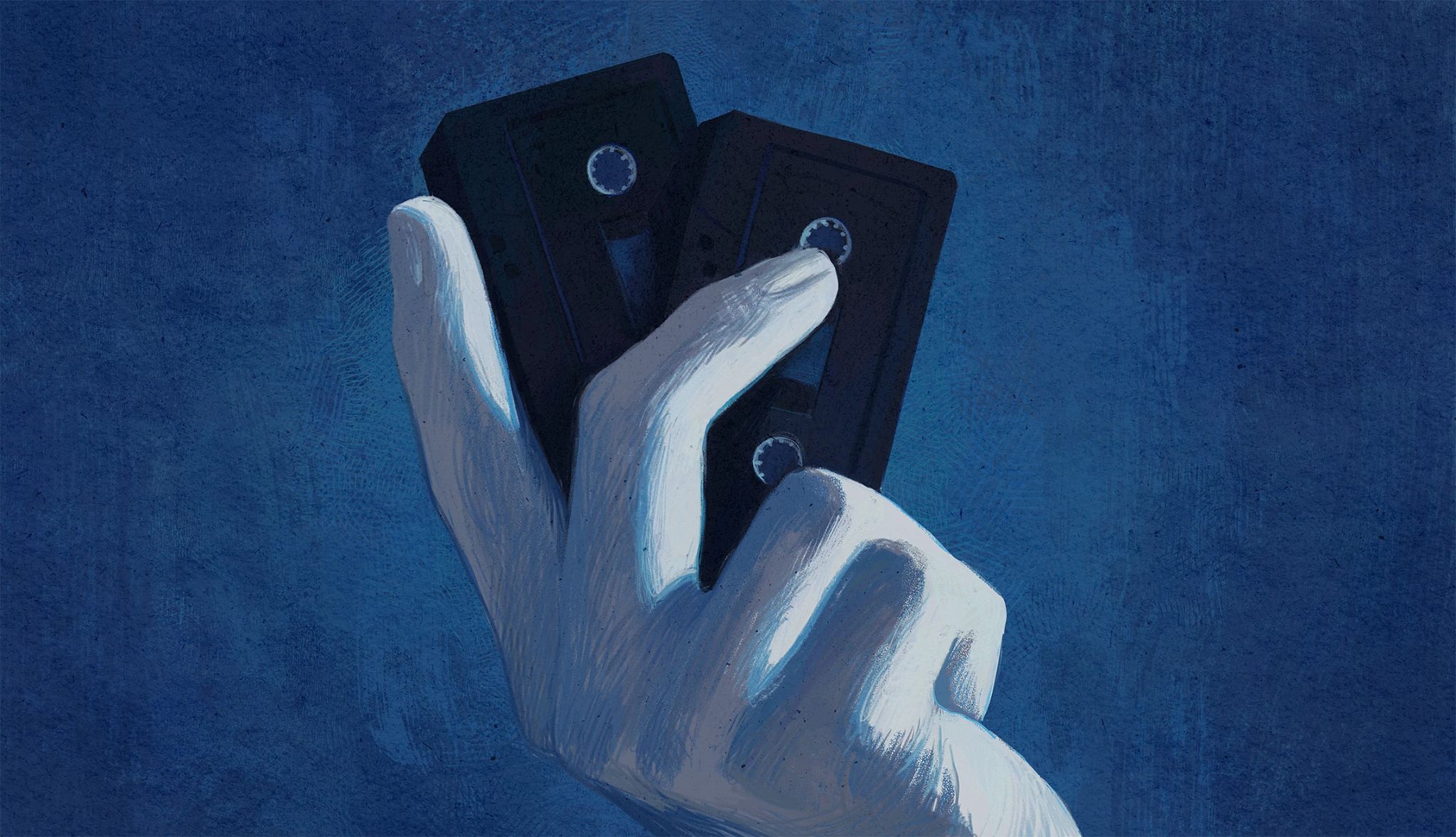
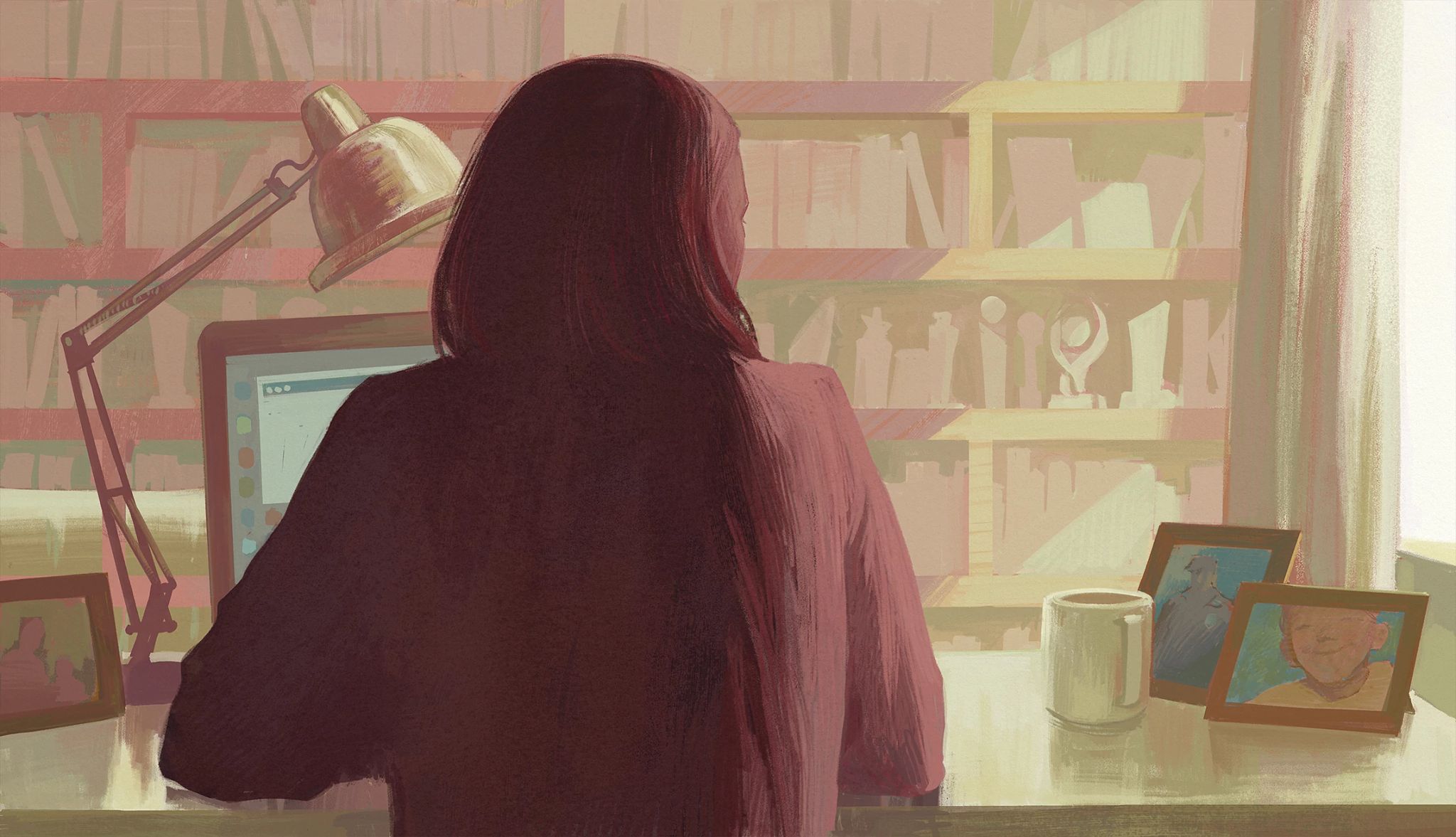

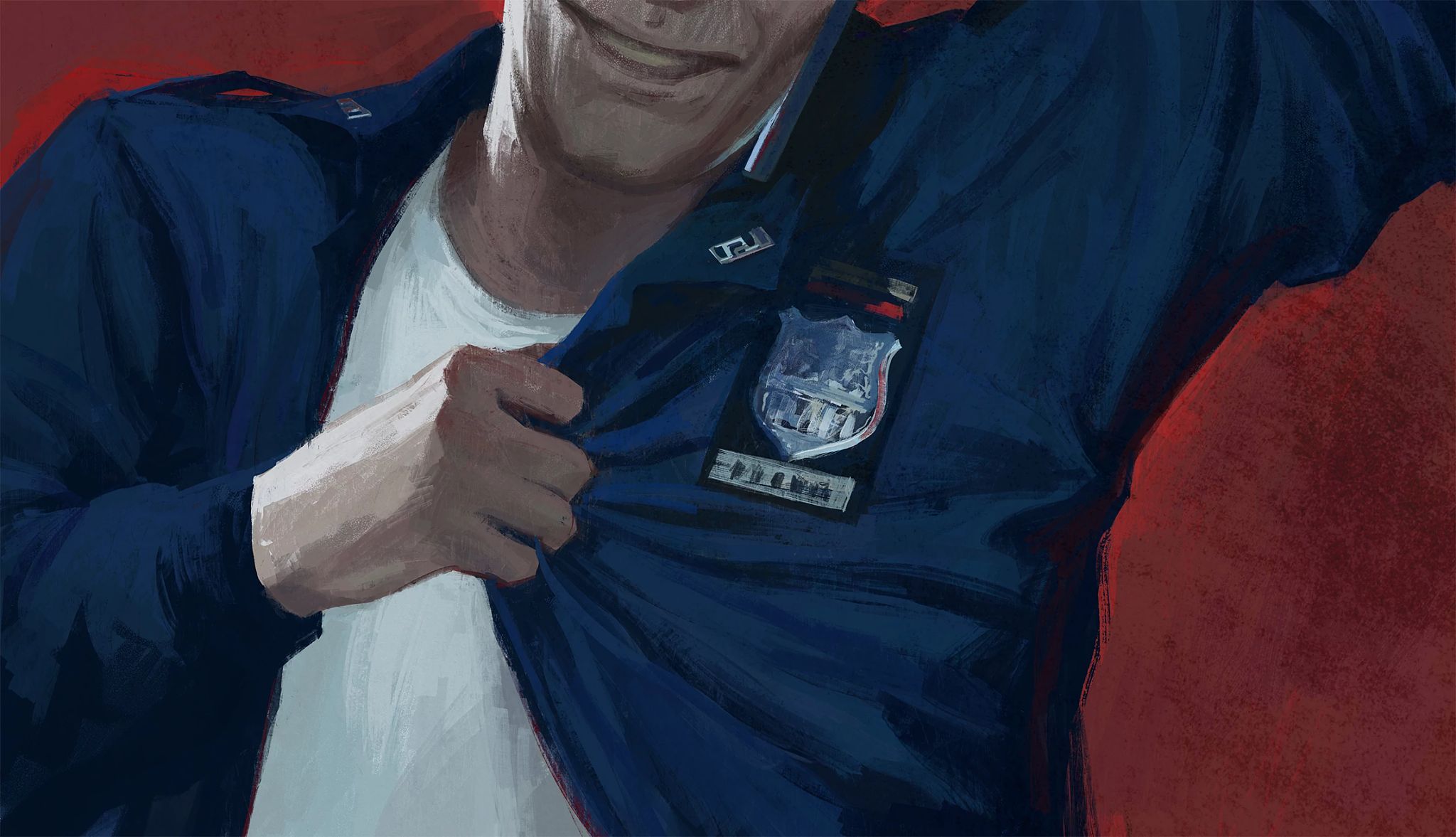
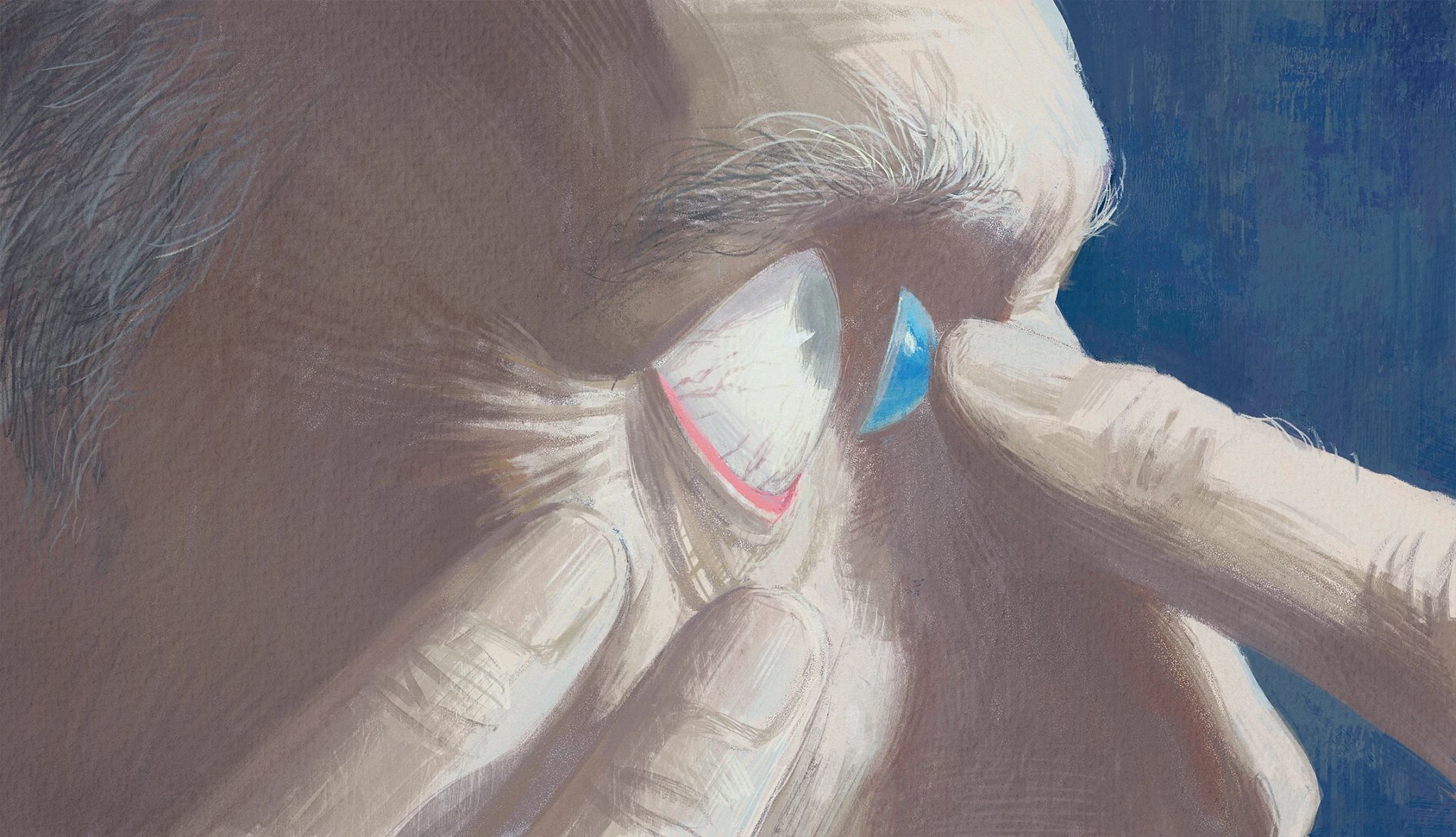
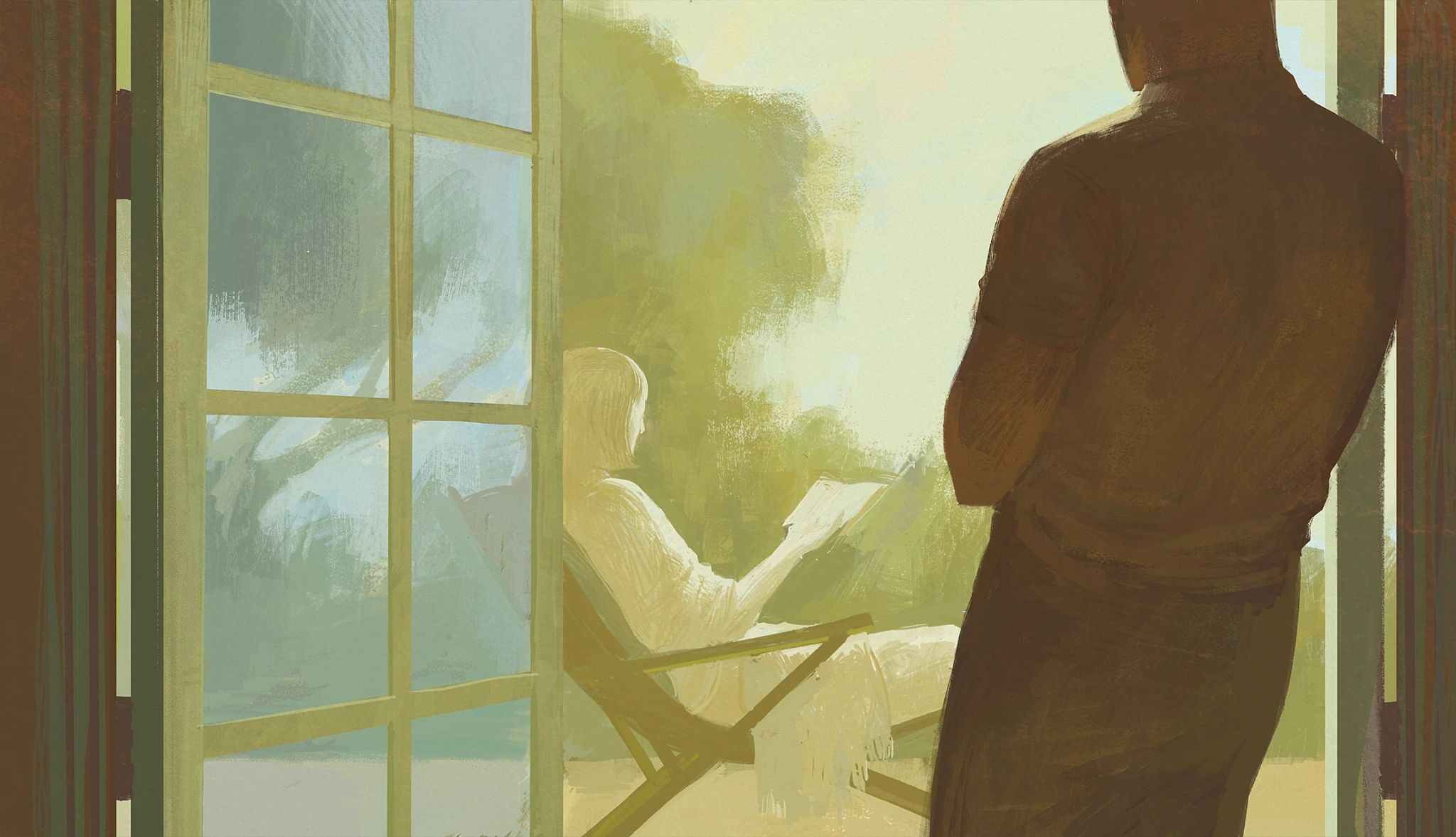
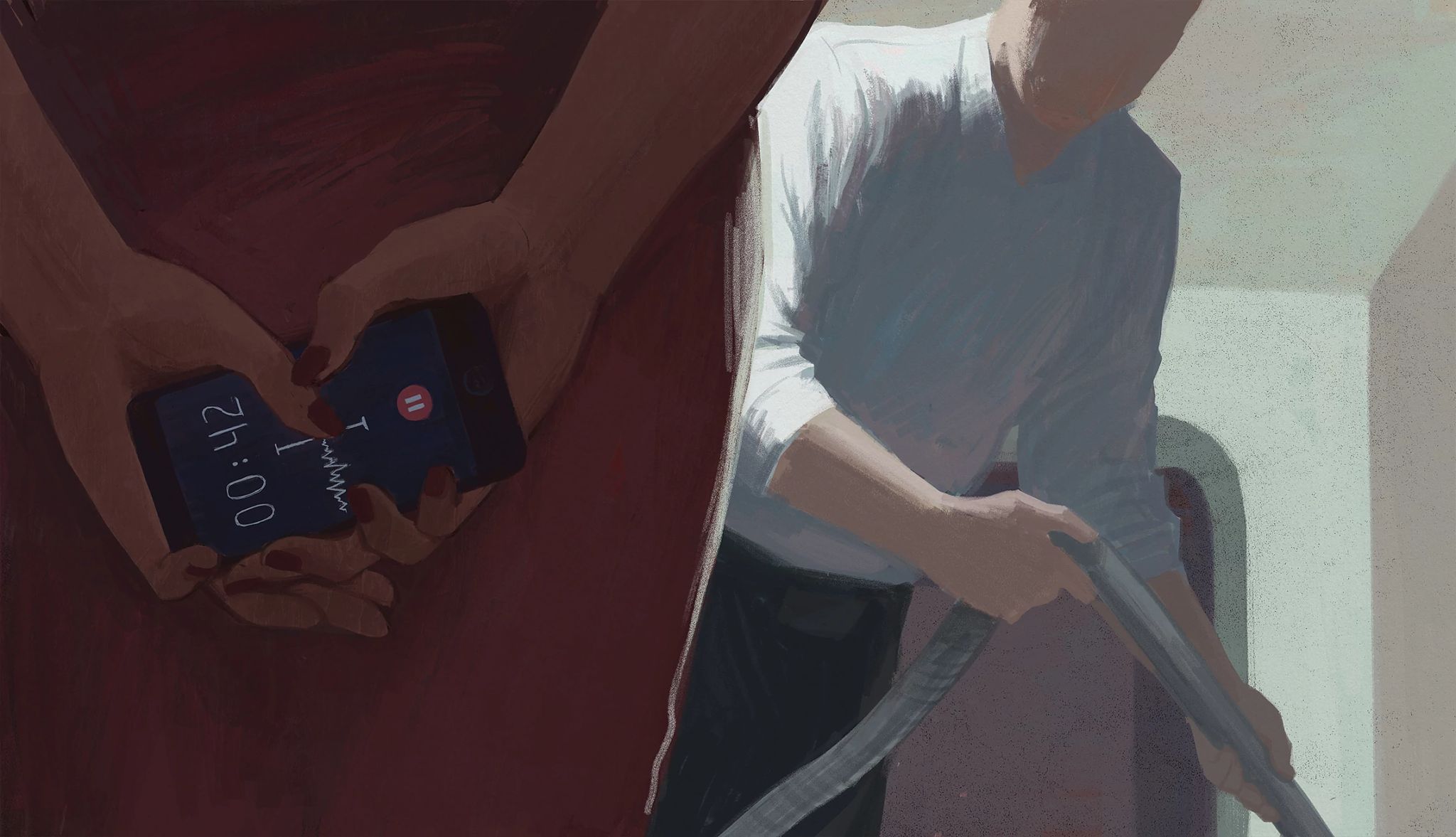
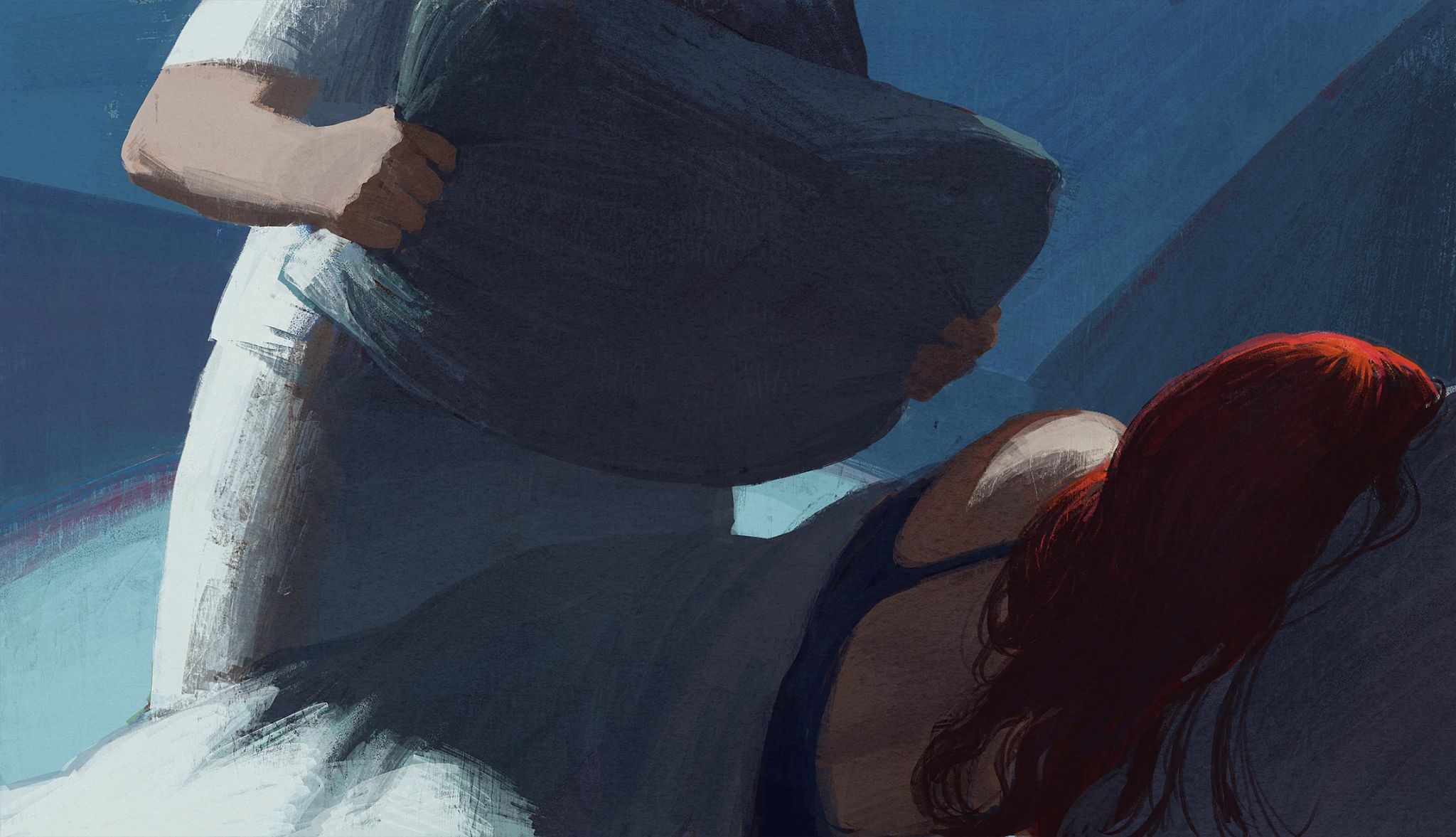




You Might Also Like
Alafair Burke on the Delights of Co-Writing With Mary Higgins Clark
How the two mystery novelists created the celebrated Under Suspicion series and forged a beautiful writing friendship
Free: James Patterson's Novella ‘Chase’
When a man falls to his death, it looks like a suicide, but Detective Bennett finds evidence suggesting otherwise
More Free Books Online
Check out our growing library of gripping mysteries and other novels by popular authors available in their entirety
AARP Members Edition
Your daily source for candid takes on life, guides to living well, tips for saving money, inspiring travel and much more
Recommended for You